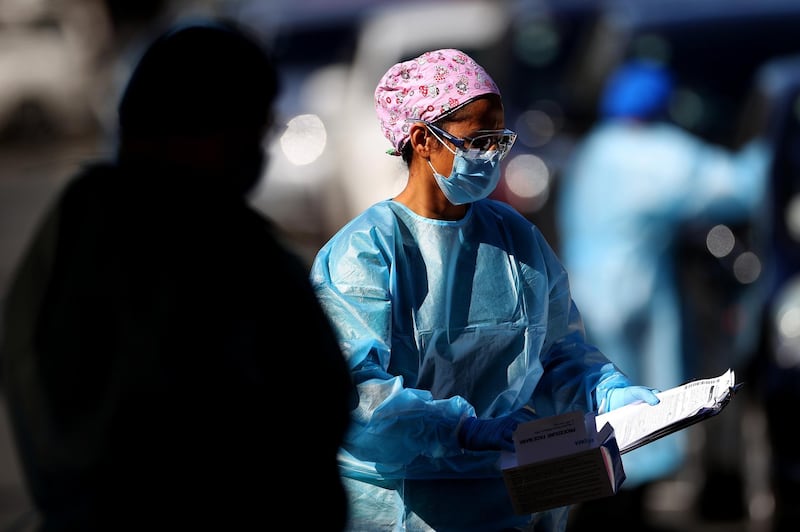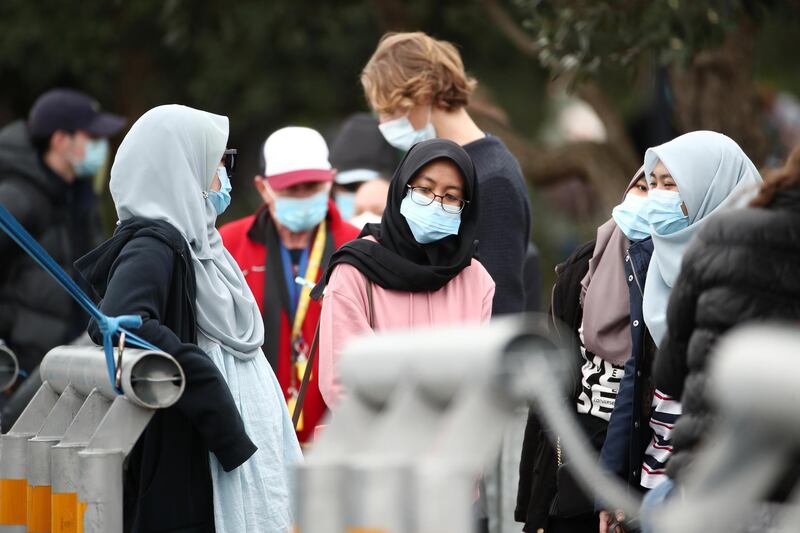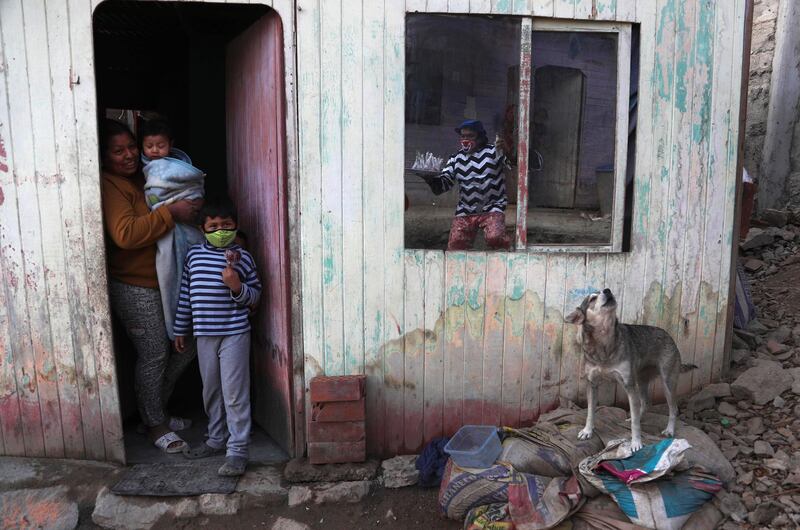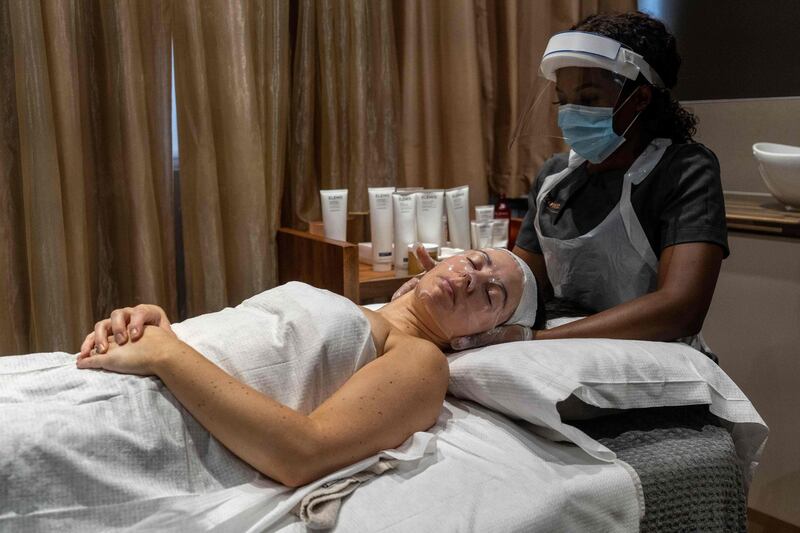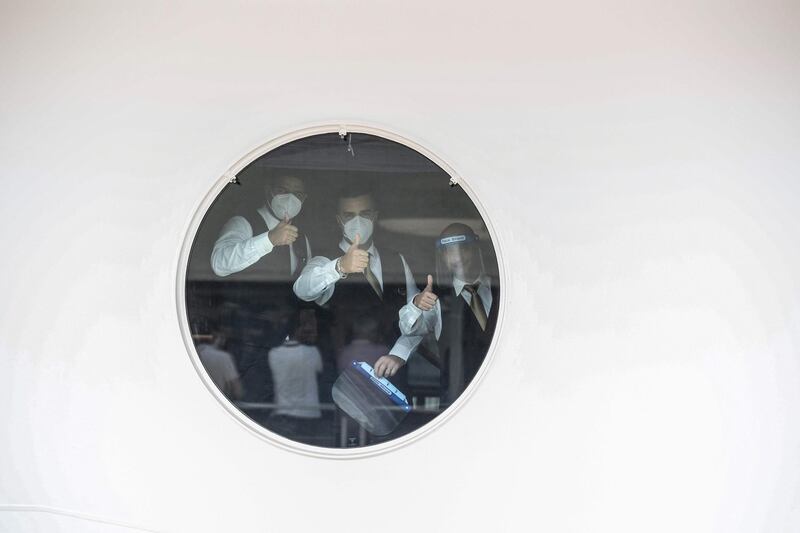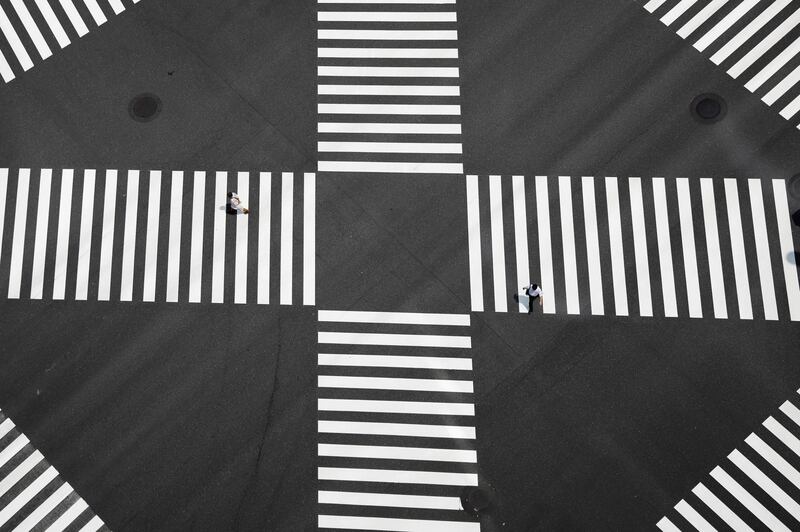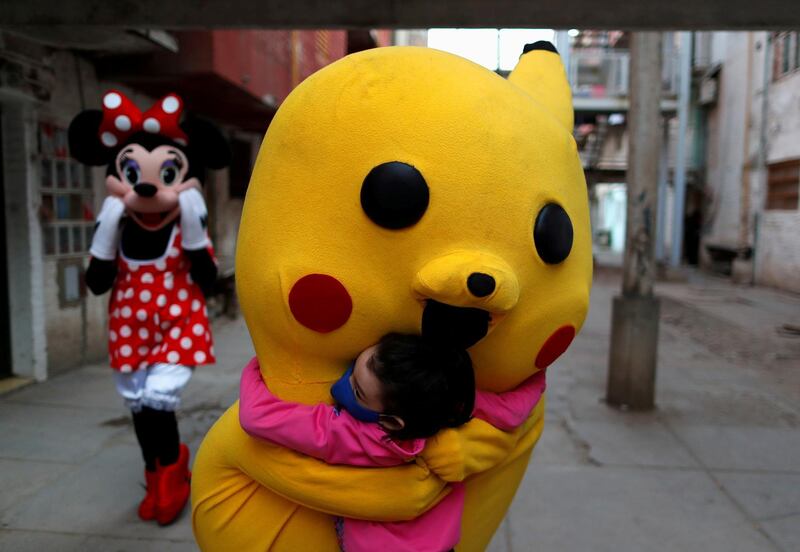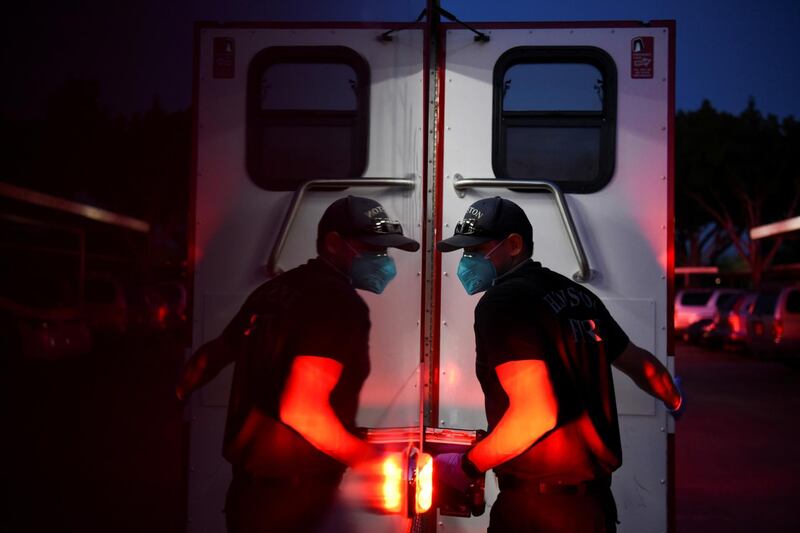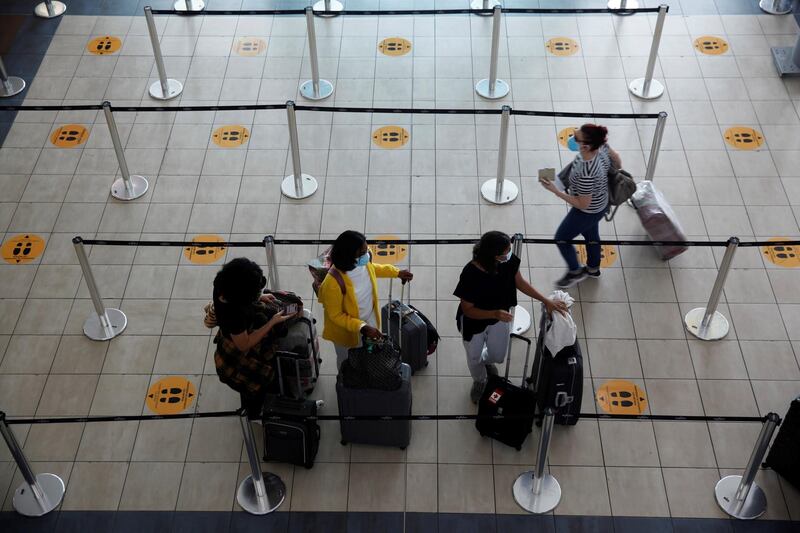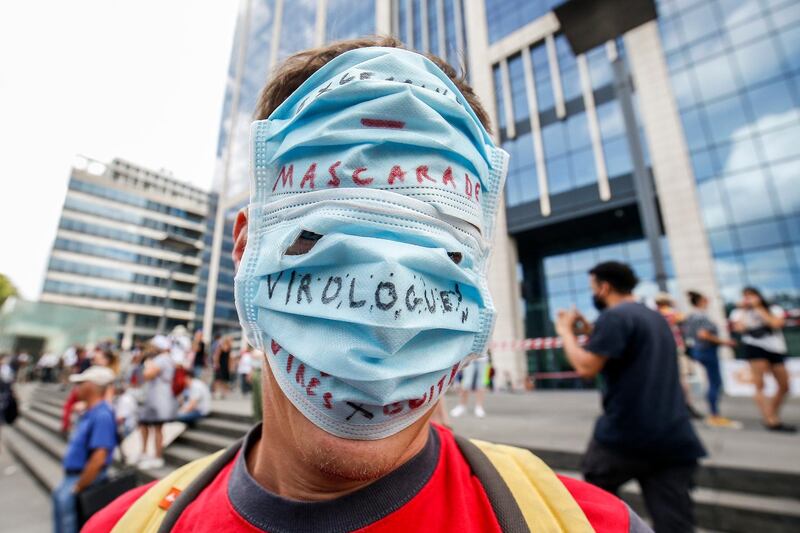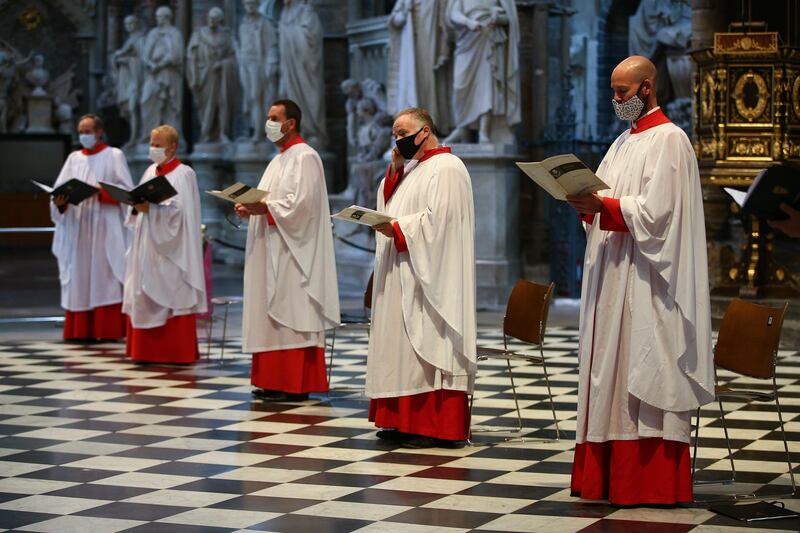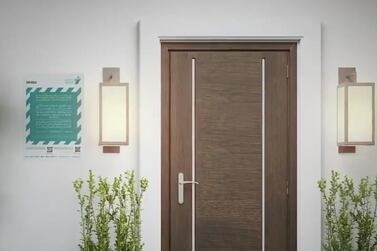A non-invasive spit-test for Covid-19 is being used in Canada to protect children from new infections.
The saline gargle and spit indicator is less invasive than the tried and tested Polymerase chain reaction (PCR) nasal swab currently used and considered more suitable for young children.
Schools in British Columbia are the first to trial testing kits on pupils from kindergarten up to grade 12.
Public health officers involved in the roll-out said the simple test will make it easier to collect samples from children as classrooms re-open.
“It is an easier way to collect samples for young people,” said local health officer Dr Bonnie Henry in a press briefing.
"Unlike the nasopharyngeal swab this is a new saline gargle, where you put a little bit of normal saline - so the sterile water in your mouth - you swish it around a little bit and you spit it into a little tube.
"This new method is more comfortable, particularly for our younger children.”
The programme follows successful trials of a similar test conducted by researchers at the University of California, Berkeley in June.
Researchers at Mohammed bin Rashid University of Medicine and Health Sciences also reported saliva testing was as accurate as the nasal swab to detect signs of Sars-CoV2, though it is not widely used at present.
Children must gargle a saline solution for 30 seconds to collect tissues samples that may show signs of the virus, before spitting into a tube then sent away to be tested.
Chewing gum, brushing teeth, eating or drinking is prohibited before taking the test in order to collect a reliable sample.
Assessment centres across Canada will continue to use PCR tests to detect for Covid-19 and offer nasal swabs to children unable to complete an effective spit test.
Limited supplies mean only schools in the western province will have access to the new detection kits, but that could change as production lines increase and if early trials are considered a success.
Collection tubes are currently manufactured by a company in British Columbia, so health officials hope the province will become less dependent on the global supply chain for PCR laboratory testing.
Testing sites around the world reported issues with access to nasal swab kits as demand outweighed supply in some countries.
In the US, the Food and Drug Administration relaxed approvals required to manufacture coronavirus tests to speed up production.
Meanwhile in the UK, health officials reported a critical pinch-point was felt at laboratories with symptomatic patients either unable to book an online test or forced to travel miles to visit the nearest available test site.
The simplified spit test in operation in Canada can be done without a health professional present by parents or children themselves.
Wider use of saliva tests could relieve pressure on current test centres as recorded cases of Covid-19 continue to increase around the world.
Schools across the UAE reopened this month under new regulations to protect children.
Most adopted in-house clinics, additional nurses and isolation rooms should pupils show flu-like symptoms of Covid-19.
